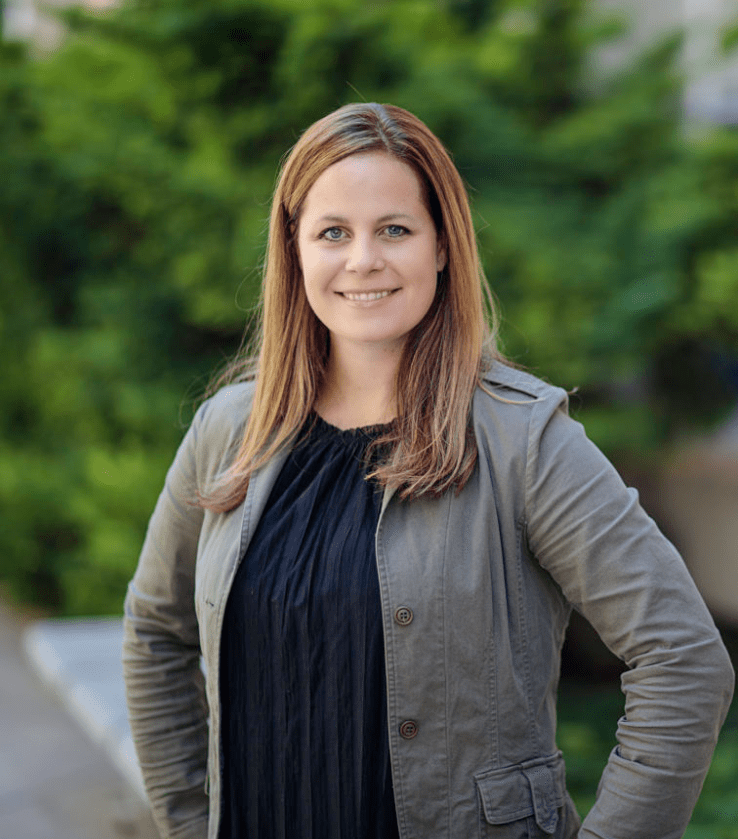Meet Professor Fauth: dementia expert
It all started at a waitressing job at an assisted living facility. Elizabeth Fauth, a teenager at the time, had no idea the old men and women she served would soon hold a special place in her heart for years to come.
Fauth, a professor of Human Development and Family Studies at Utah State University, researches the integration between well-being and social support in late life. One of Fauth’s focuses is the relationship between caregivers and individuals with dementia.
Dementia is a brain disease characterized by a progressive loss of memory, problem solving and other thinking abilities. It predominantly affects older populations and functions as an umbrella term for conditions such as Alzheimer’s.
With cases rising, due to an aging population, research on the disease is more important than ever. In fact, dementia diagnoses in Utah rose 23.5% just this past year.
Many of the elderly Fauth worked for at the assisted living facility were affected by dementia. Fauth quickly learned she had a gift for interacting with these residents though. She was fascinated by their interesting conversations and had a special patience for them. This led her to want to go into the field.
“I felt like maybe not everybody naturally wants to go into this area,” Fauth said, “and, because I do, I really need to do it and need to have a big impact,”
Through her research on dementia, Fauth aspires to provide the community with the skills to better understand the disease. As a result, she hopes to create an environment that maximizes the quality of life of caregivers and individuals suffering from dementia.
In 2015, Fauth gave a Tedx Talk for USU about the importance of respecting the emotional realities of those suffering from dementia. This is one of the methods she supports in regards to creating a healthier environment for caregivers and individuals with dementia.
Fauth emphasizes the need to treat people with dementia as if their version of reality is real. Engaging with their emotions can help create connection and avoid difficult situations.
“It gives people moments to laugh and to connect in moments that are pretty difficult with dementia” Fauth said about the approach.
Fauth uses what she calls “applied research” to promote these healthy approaches. Applied research consists of publicizing her findings in a way that everyone can understand (like with her Tedx Talk) and working with organizations to connect people with resources.
“I get to take research — which is generally considered this very cerebral thing you do in your office — with other researchers,” Fauth said, “but I get to bring that to the community.”
Fauth is involved in several organizations in the surrounding community such as Sunshine Terrace and the Utah chapter of the Alzheimer’s Association.
As a board member of the Alzheimer’s Association, Fauth works with researchers to make sure their services are getting out to the people who need them.
In addition to her work with dementia research and position as professor, Fauth is also a mother of three kids.
“I’m most proud of the fact that I have a wonderful family,” she said.
For her, having both a family and work life are integral to maintaining balance. They both make her a better person. They allow her to contribute more to either aspect of her life, making her a better mother, professor and researcher.

